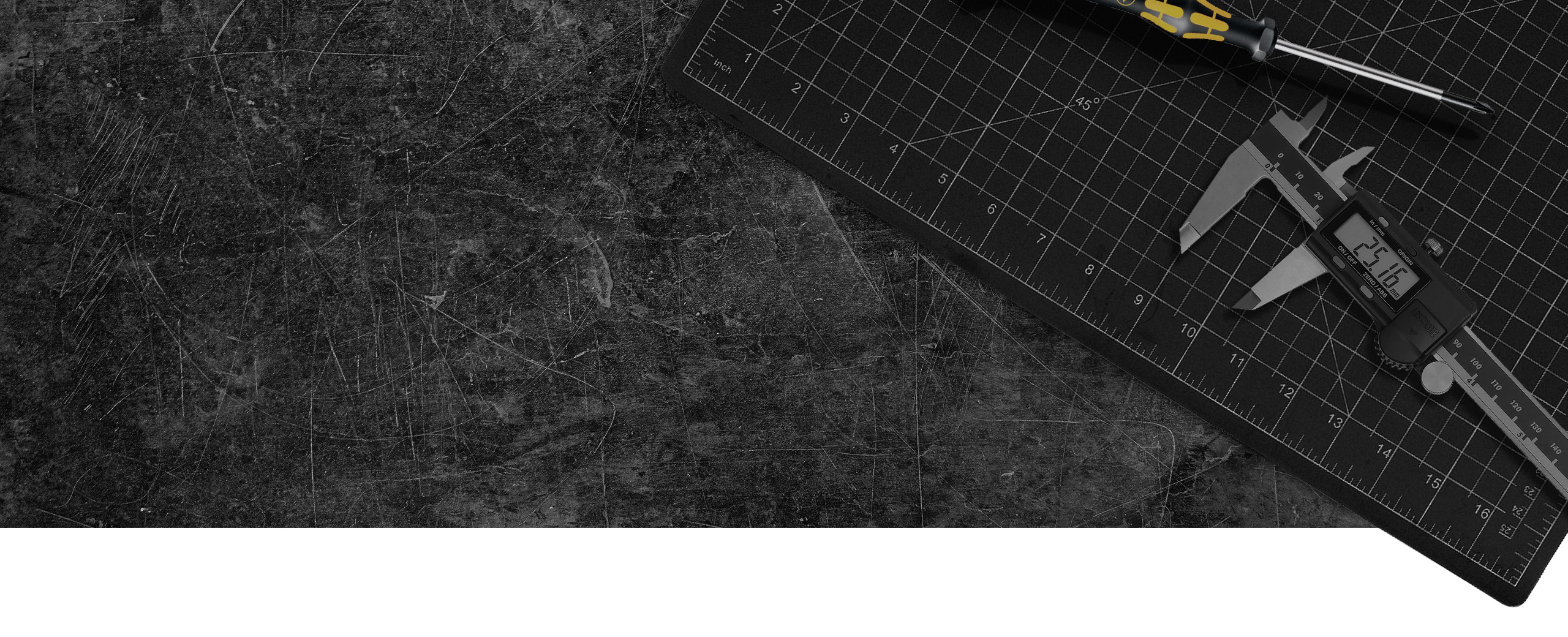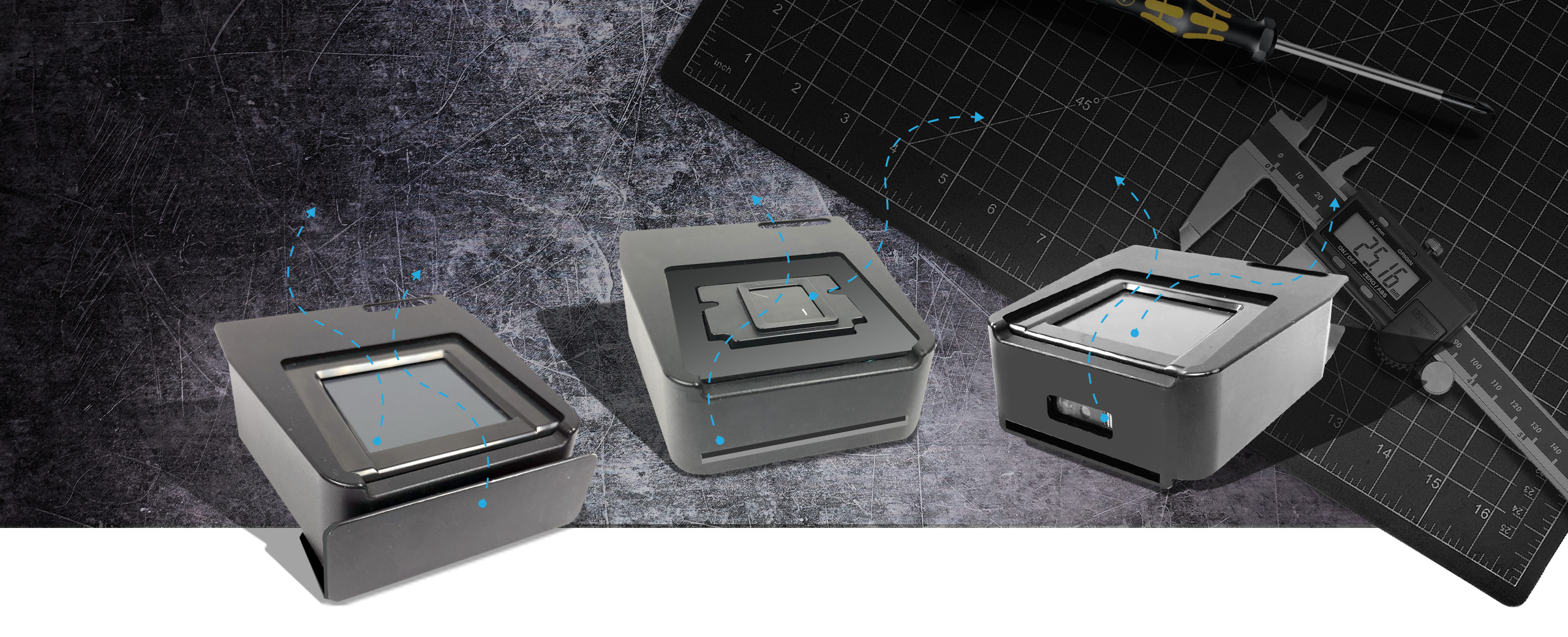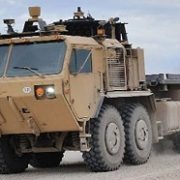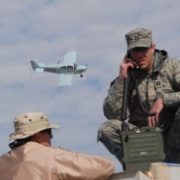“The first three things I asked my briefers about when I woke every morning were Iran, Iran and Iran,”
-Marine Gen. James Mattis (Washington Times)
The recent nuclear arms control agreement between Iran and the P5+1 (UN Security Council members plus Germany) is one of the most important diplomatic agreements of this generation. It has spurred heated controversy, and has been shrouded in endless accusations and misinformation. While this is an opinion piece, I have striven to develop and present positions that are informed and balanced.
What does the deal say?
Currently, Iran is estimated to have enough enriched uranium to make approximately 10 to 12 nuclear bombs in a few months’ time. With this deal, under the watchful eyes of the International Atomic Energy Agency (IAEA):
- 98% of the enriched uranium stock will be destroyed.
- 14,000 of Iranian 20,000 centrifuges will be taken out of commission.
- Iran will be forbidden from enriching uranium beyond 3.67% enrichment, a far cry from the 90% necessary for weaponization.
- The core of the controversial Arak plutonium facility will be exported or destroyed.
In return, some economic sanctions will be lifted on Iran, and some frozen assets will be released.
Isn’t there a danger of the Iranians cheating?
“Inspectors will be monitoring the only two mines where Iran can get uranium ore, the fuel for a bomb, and the mills where it’s processed. They will keep tabs on every single centrifuge in the country, as well as the centrifuge factories, the machines that could be used to make a centrifuge, even on imports of technology that could be used to build a machine that could be used to build a centrifuge.”
–Vox
“I spent many hours of my youth watching, in some cases covering as a newspaper reporter, Senate hearings about nuclear arms treaties that the Carter, Reagan, Bush, and Clinton administrations had negotiated with the Russians. These were contentious hearings, but I don’t remember anything as plainly vicious—and utterly divorced from substance—as the Republicans’ behavior at Thursday’s briefing.”
–Fred Kaplan on Congressional hearings for the Iranian agreement, Slate
By far and away, the biggest lie of this controversy is the accusation that the inspection regime enforcing this deal is toothless. I am using the word “lie” intentionally, because it is simply not possible to reach this conclusion with any kind of dispassionate analysis.
In regards to the inspection regime imposed by the agreement, I did something that very few people have done; I read what experts had to say. While the track record of the inspectors at the IAEA is not perfect, it’s still a pretty good one. For example, when the whole world was screaming about Iraqi nuclear weapons, they repeatedly and correctly maintained that there was no evidence of their existence.
You can read arms control expert opinions here and here.
While the reaction of the IAEA staff has not been unanimous, it has been overwhelming one-sided. They are astounded. Over and over, I read quotes of their disbelief that the P5+1could get a deal this good. The idea that somehow we can get a better deal is completely unsupportable.
The consensus of the vast majority of experts I read is that this deal is the most stringent, detailed, and most comprehensive arms control agreement ever reached in peacetime. The imposed inspection regime on Iran is a foot on the throat of their entire nuclear program.
Throat = Iranian Nuclear program
What about the “two-week delay” in inspections?
When I researched this issue, my favorite quote came from Foreign Policy, who in an attempt at journalistic impartiality was able to find a few experts who had reservations about the deal. When asked about the famous “two-week wait,” Finnish nuclear weapons expert Heinonen stated, “From an investigative point of view that is a little bit not good.”
This wait period doesn’t apply to the entire known Iranian nuclear infrastructure. As mentioned above, the fact that international inspectors have real-time access to virtually every level of the nuclear industry is unprecedented. The wait period only applies to suspect facilities not officially part of the nuclear infrastructure.
Detecting nuclear weapons and the industrial infrastructure that produce them has been a top priority of the major powers for over 60 years. As a result, the technology for doing so is robust and fairly reliable.
The President was right to mock Netanyahu’s analogy of police warning a meth lab of an impending search. For one thing, most meth labs do not have high powered satellites watching their every move. Secondly, nuclear technology is heavy, clumsy, toxic and radioactive. Nuclear plants, typically, take years if not decades to decommission. In the entire history of nuclear weapons, none have ever been developed in mobile facilities.
Not mobile
Most arms control experts that I have read dismissed the significance of the waiting period. It is almost impossible to “scrub” a site of any importance in two weeks.
One of the great things about this agreement is the bonanza of intelligence it will provide about overall Iranian capabilities. In an attempt to stem the flood of data that will be flowing from Iran, their military refused unrestricted access to their entire country. In the history of arms control, no nation, who had not suffered a military defeat, has ever agreed to “anytime, anywhere” inspections.
Could the Iranians cheat without being discovered? With typical bureaucratic caution, a few experts say that it is theoretically possible, but it is highly unlikely. Considering the resources involved, the infinitesimal results such a covert effort would yield, and the overwhelming likelihood that they would be caught, cheating would be a very high risk, very low benefit endeavor.
War is the only reality
“Certainly, it can be delayed a month, six months, 18 months. What do you do with the delay is the question. The military can buy our diplomats some time, but it cannot solve this problem straight up.”
-Marine Gen. James Mattis (Washington Times)
Mattis description of 18 months being the maximum amount of delay that can be inflicted by military actions appears to be a consensus opinion among experts (see previous blog article about military options). All likely military scenarios are dangerous, unproductive, and will yield temporary benefits at best.
Continuing or strengthening sanctions will be impossible. It took the President 6 years to get sanctions this tough. The sanctions were only achieved by the President promising that they would lead to a nuclear arms agreement. If the US walks away from this deal, sanctions will unquestionably collapse.
Considering the agreement will delay the development of nuclear weapons far longer than any likely military actions (including nuclear attacks), why is there so much opposition to this deal? Some people oppose this deal for purely partisan reasons. Besides this, there are two major causes for opposition: one legitimate, one not.
Let’s play a game. Remember when the President said that Syrian use of chemical weapons was a “red line?” Let’s suppose in an alternate reality, he ordered a military strike on chemical weapon facilities. He goes on television and announces that he has confidently destroyed between 80 to 100% of the Syrian chemical capabilities. He is hailed as a hero who stood strong.
In reality, the President did destroy 80 to 100% of the Syrian chemical capabilities. However, he did it through diplomatic means. Since he didn’t kill anyone doing it, people accuse him of backtracking and spinelessness.
In the political arena, peace deals and arms control agreements are consistently judged by standards far stricter than military operations. Peace deals must be 100% foolproof with no possibility of anything going wrong. No one goes to wars with this type of assurance. Many assume war to be less risky, and more realistic than diplomacy. Anyone who questions the effectiveness of military solutions is considered a wimp.
General Mattis
Not a wimp
Recently, I discussed the Iranian nuclear agreement with an informed, intelligent acquaintance. Even after describing the stringent inspection regime, he dismissed the deal. “I don’t trust the Iranians,” he said. “It’s too much of a gamble. We should nuke them.”
I was flabbergasted. This man blithely assumed that the option of using nuclear arms was less dangerous, more certain, and more realistic than a diplomatic agreement.
I don’t understand why so many people think war is always a more reliable solution. I’ve notice true warriors tend to be far more hesitant about committing bellicose actions and will often seek less violent alternatives. It is no coincidence that the one person in the Bush administration who expressed reservations about the Iraqi invasion was combat veteran Colin Powell.
While the “war solves everything” argument is clearly not a valid criticism of this deal, some of the opposition is motivated, by what I consider legitimate reasoning.
Israel opposes the deal. It would be absurd for them to do otherwise.
Most countries in the Middle East, not just Israel, are suspicious of this agreement. Beyond question, this accord will empower Iran politically, militarily, and economically. This deal will give Iran enormous resources to fund Hamas, Hizballah, and Shi’ite militias in Iraq and Yemen.
While the agreement will likely succeed in its primary objective – delaying the development of a nuclear bomb – it will do so at a price that the people of Syria, Saudi Arabia, Gulf States, and Israel will have to pay. For them, this is no “peace” deal; it is a disaster.
Is the deal worth the cost? I think so, but as someone who lives in America, I do not have to pay the price. I support the deal, but I sympathize with the opposition of the Middle Eastern countries to it.
The President has addressed this criticism, but not I think convincingly. Netanyahu has repeatedly attacked the agreement on the basis of its supposed ineffectiveness, or the delusional stance that the Iranians will agree to an even more demanding accord. I think this is a mistake, because it not only undermines his credibility, it also distracts from the legitimate argument that this agreement empowers a terrorist state.
War is not certain
While the nuclear agreement could increase tensions in the Middle East, due to the greater resources available to Iran’s terrorist proxies, it also may not. For one thing, Iranian aggressiveness has provoked its adversaries into forming an informal alliance.
Here are the official members of the Saudi-led military forces that are fighting Iranian-backed insurgents in Yemen: Egypt, Jordan, Pakistan, Bahrain, Kuwait, Qatar, UAE, Morocco, Senegal, Sudan, Somalia, and the United States. By some accounts, Turkey is also supporting Saudi Arabia.
This is not an insignificant group of nations, and the nuclear deal could strengthen their ties. The power of this coalition (which in the future may unofficially include Israel) could be an effective counter to Iranian belligerence.
The true wild card in this situation is not whether Iran will cheat or take advantage of their new found economic power. The real question is “How will the deal transform Iran itself?” While the President expressed hope that the Iranians would learn to play nice with their neighbors, he has also expressed strong doubts that they would do so.
Iranian hard liners have been as ferocious in their criticisms of the agreement as their American counterparts have been. It’s easy to see why. Their country will now be crawling with analysts from international agencies collecting valuable intelligence. Their nuclear program, a symbol of national sovereignty, will be dramatically throttled back.
Even more significant is that the rationale behind their tyrannical government – protection from foreign imperialists – will be severely undermined. It is not an accident that the Russian communist party lost its grip on the Soviet Union after glasnost.
Can we count on the Iranians undermining their autocratic regime? No, but nor can we dismiss the possibility.
After the deal was announced, Iranians took to the streets, celebrating the easing of the economic sanctions. One image I saw on television is evidence that change is already occurring. A group of young people chanted “Death to no one!” and were waving their smartphones in the air. What was on their smartphones? Pictures of the American flag.
This post is the opinion solely of the author and does not reflect the positions of AMREL or its other employees.
Do you have an opinion? Send it to editor@amrel.com. Be advised we may use the content of your email in a future blog post.















